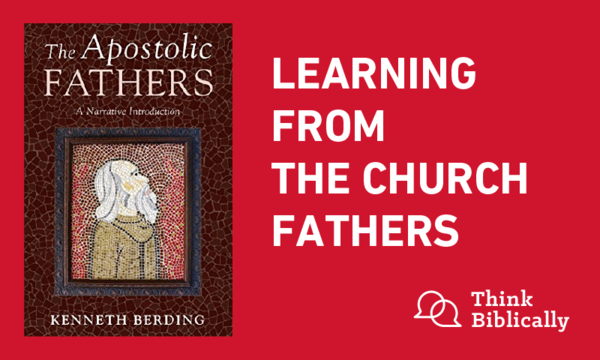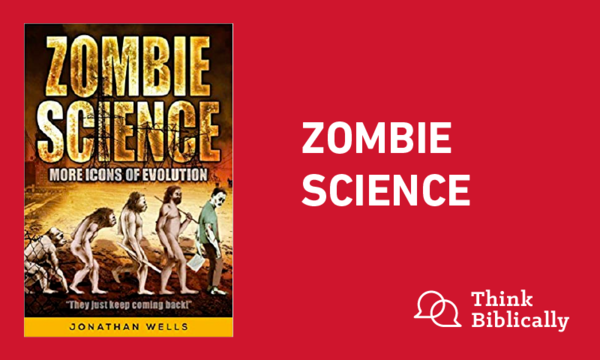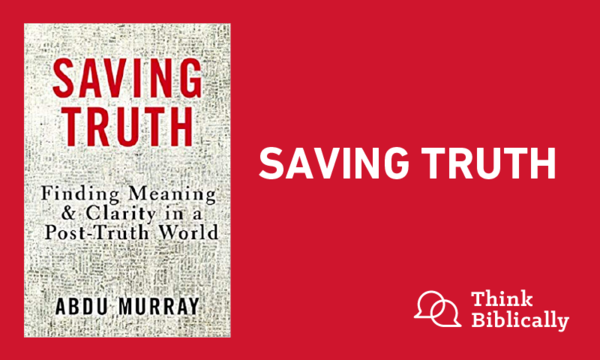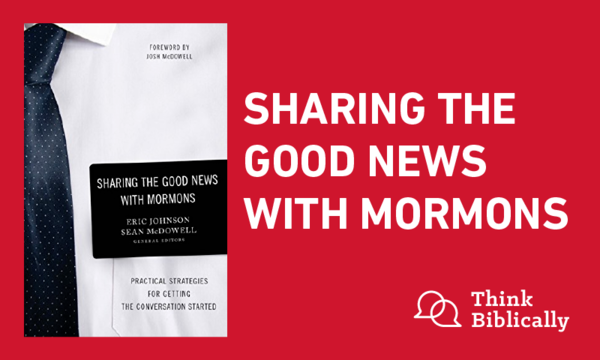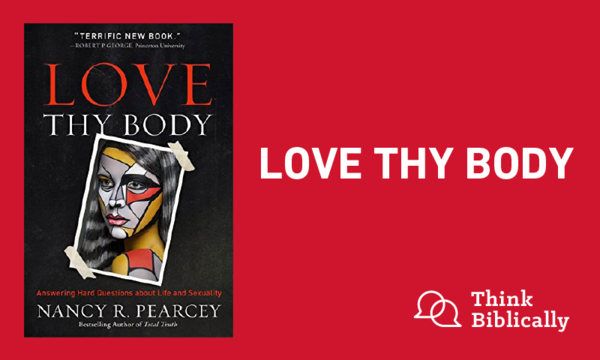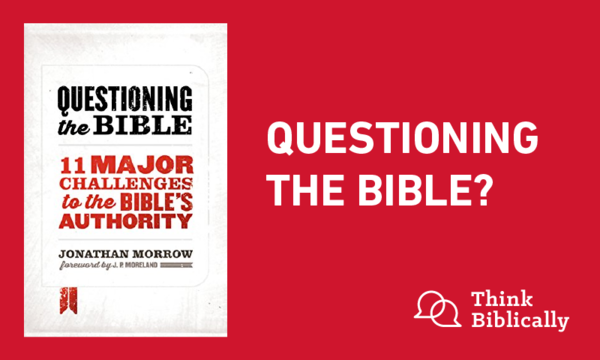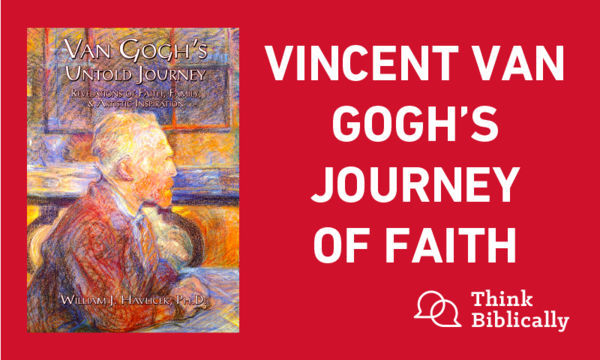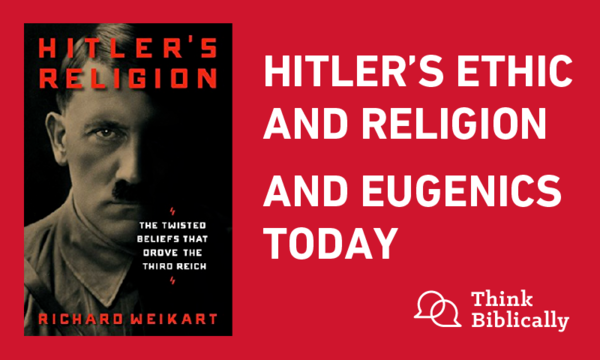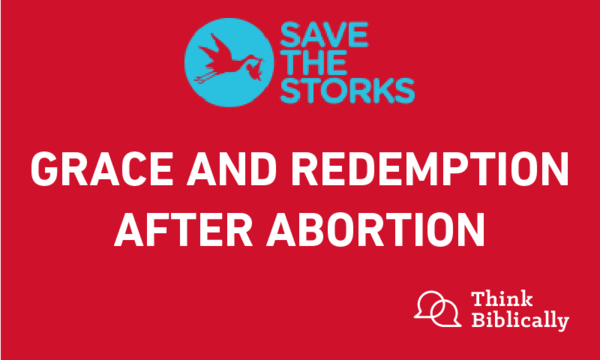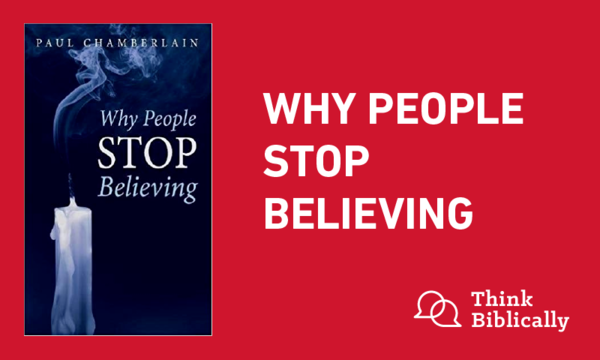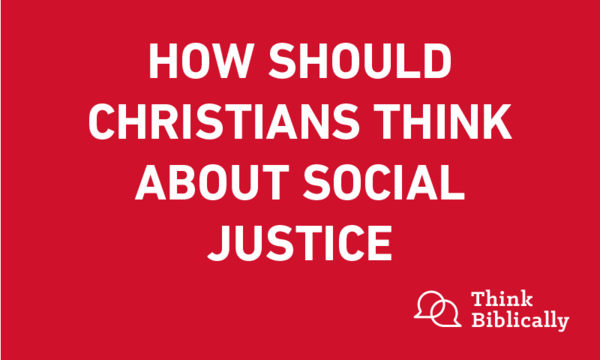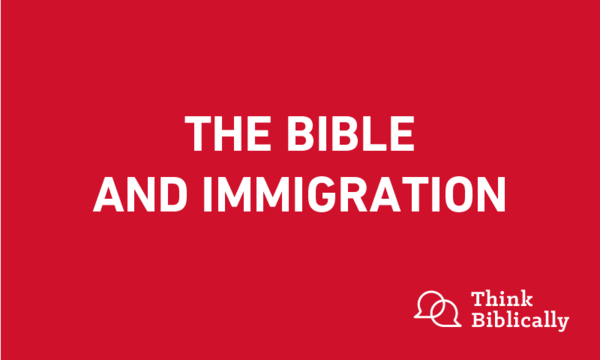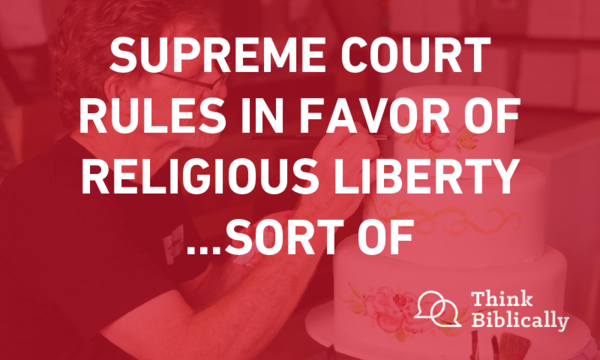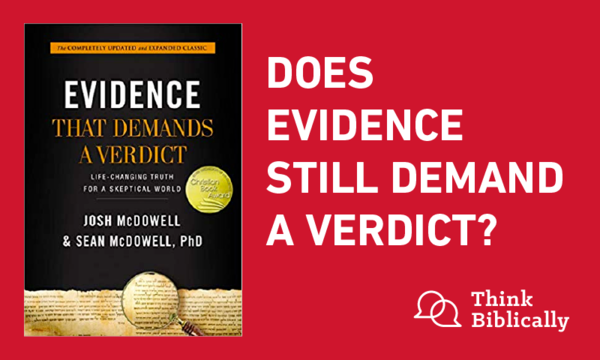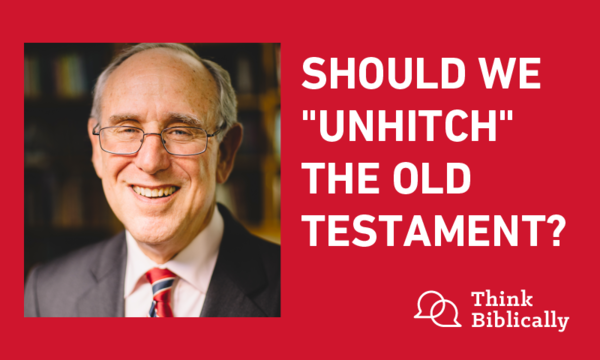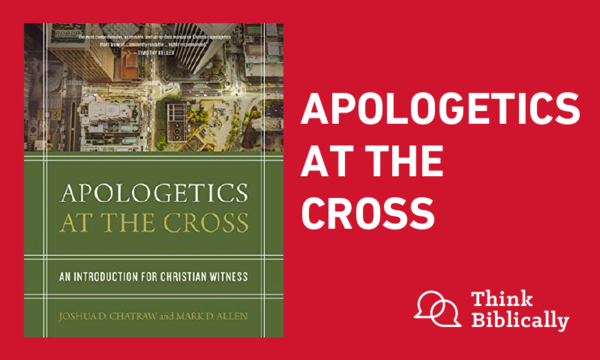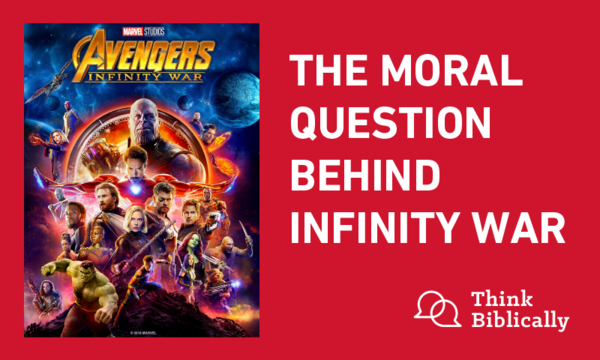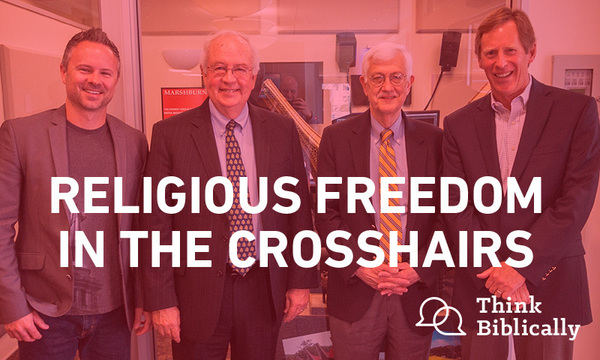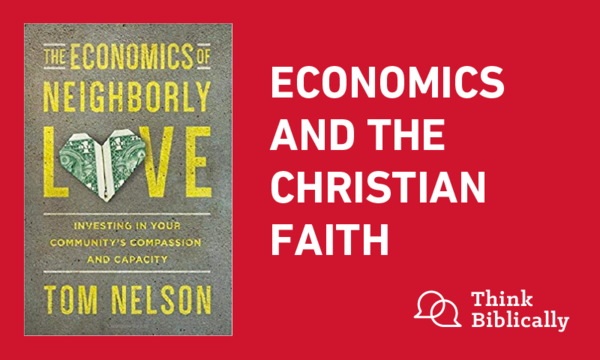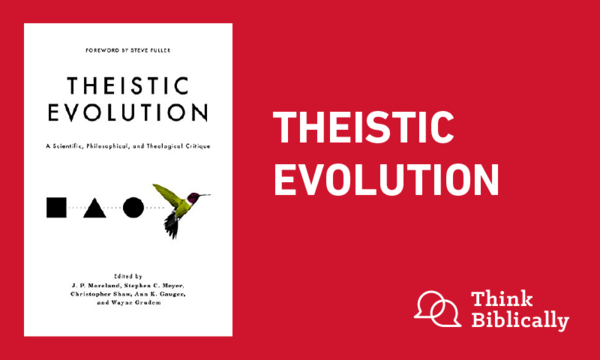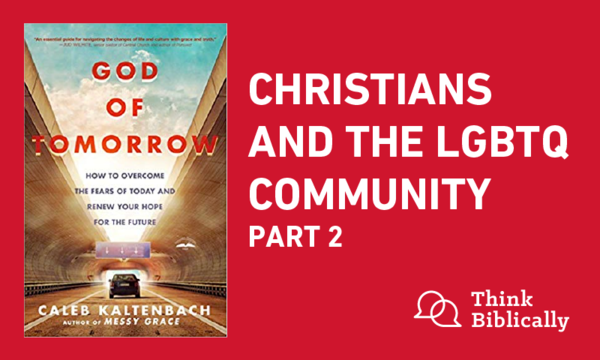Posts by Scott Rae
Learning from the Church Fathers
with Ken Berding
Zombie Science
with Jonathan Wells
Saving Truth
with Abdu Murray
Sharing the Good News with Mormons
with Eric Johnson
Love Thy Body
with Nancy Pearcey
Questioning the Bible?
with Jonathan Morrow
Vincent Van Gogh’s Journey of Faith
with William Havlicek
Hitler’s Ethic and Religion and Eugenics Today
with Richard Weikart
Grace and Redemption After Abortion
with Victoria Robinson
Why People Stop Believing
with Paul Chamberlain
How Should Christians Think about Social Justice
with Thaddeus Williams
Christians and the Transgender Question
with Preston Sprinkle
The Bible and Immigration
with Markus Zehnder
Should We "Unhitch" the Old Testament?
with Mitch Glaser
Apologetics at the Cross
with Josh Chatraw
The Porn Myth
with Matt Fradd
Religious Freedom in the Crosshairs
with Ken Starr & Thomas Farr
Economics and the Christian Faith
with Tom Nelson
Winsome Communication
with Tim Muehlhoff
Theistic Evolution
with Stephen Meyer
Christians and the LGBTQ Community – Part 2
with Caleb Kaltenbach
 Biola University
Biola University
